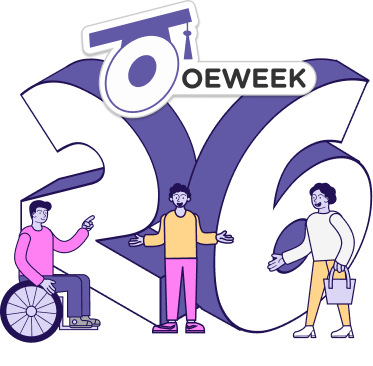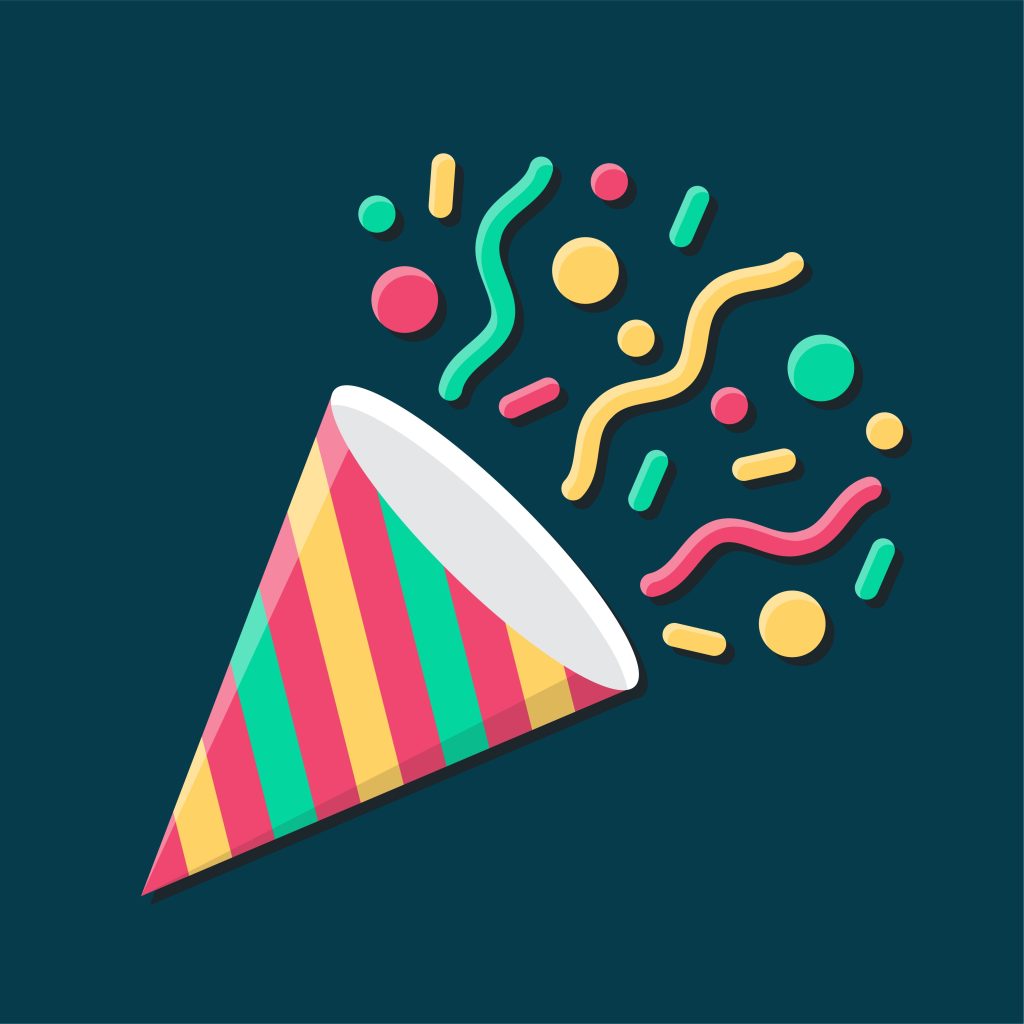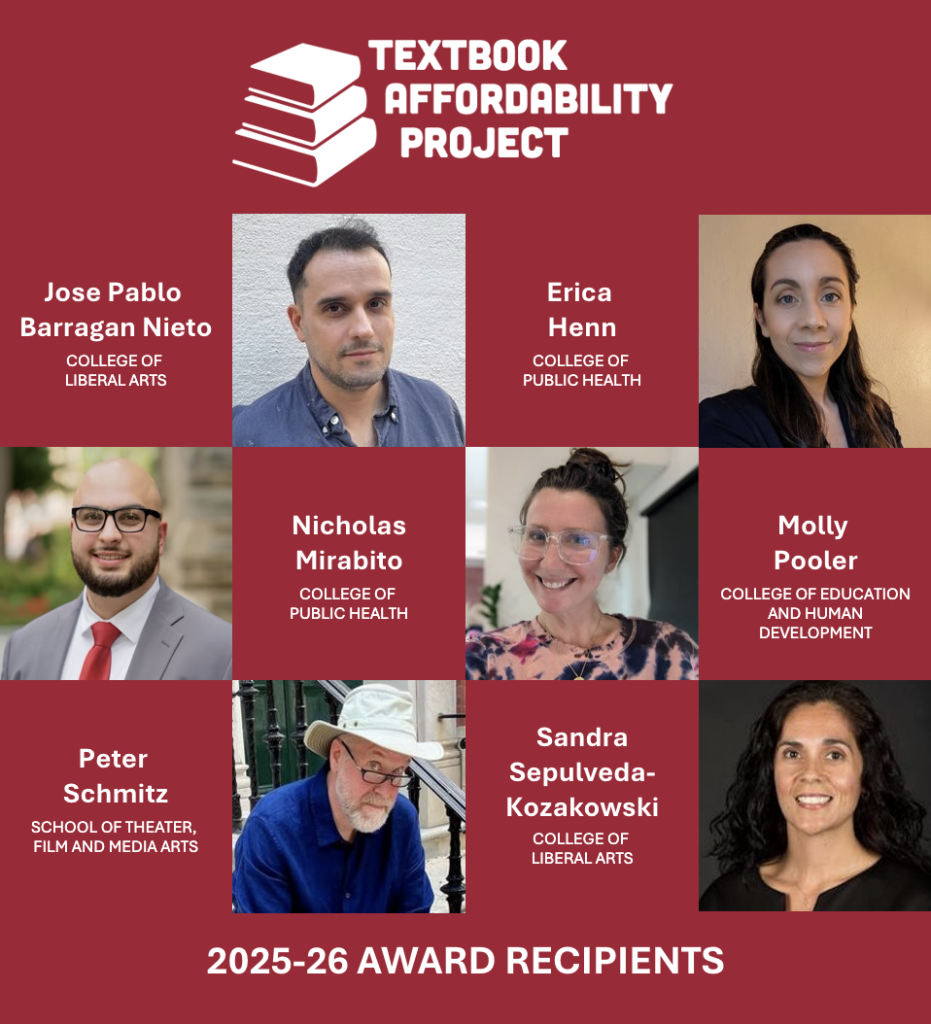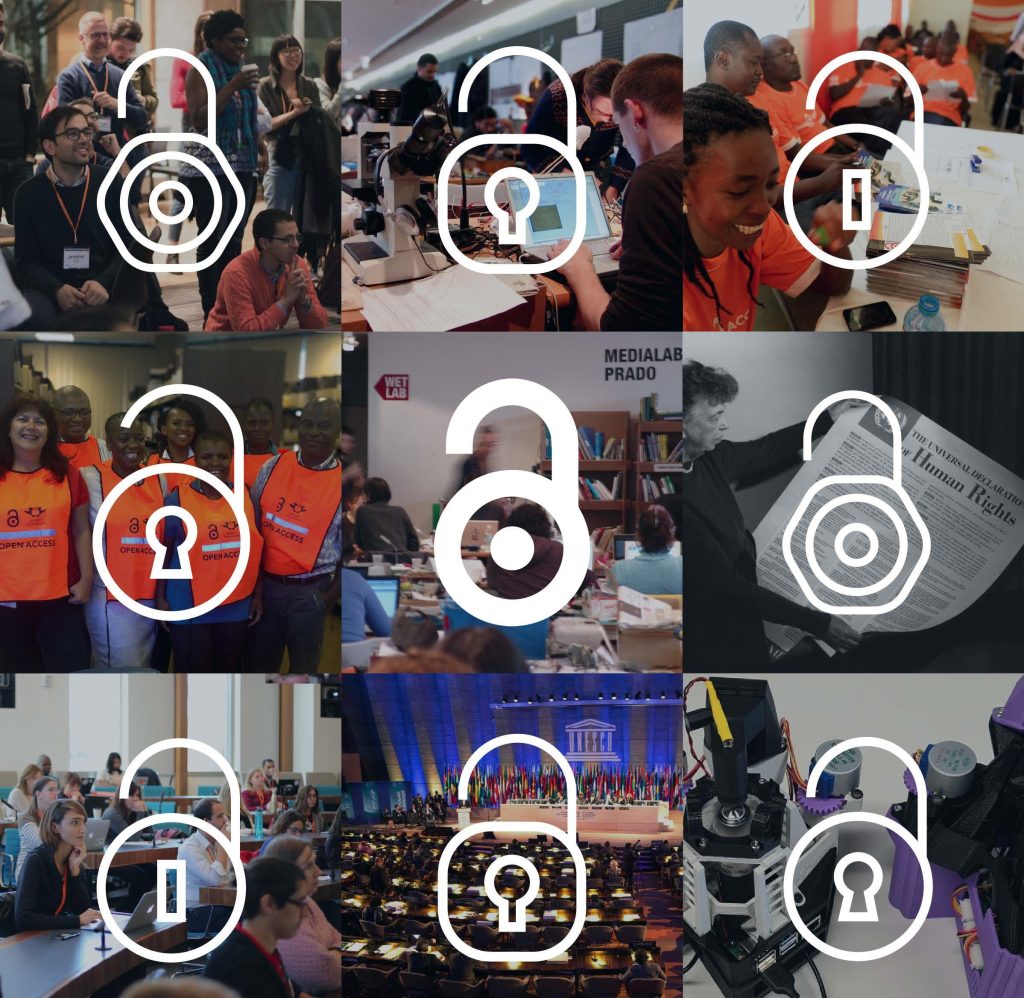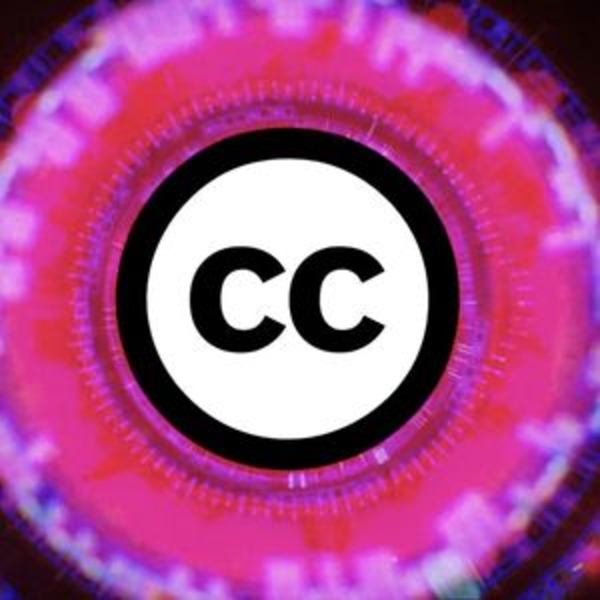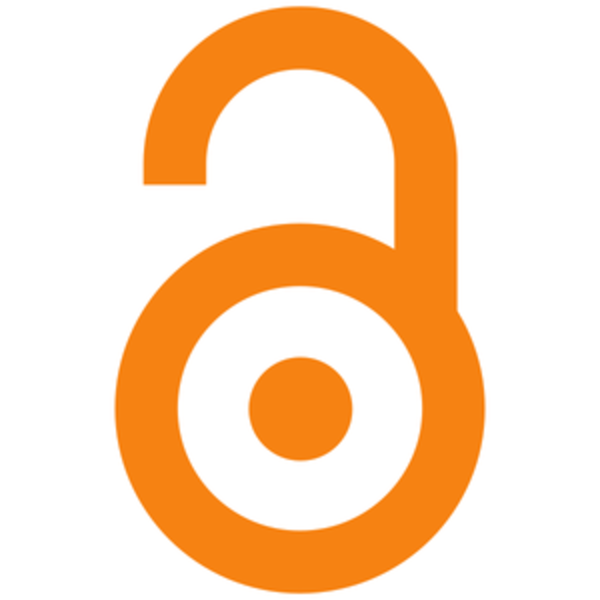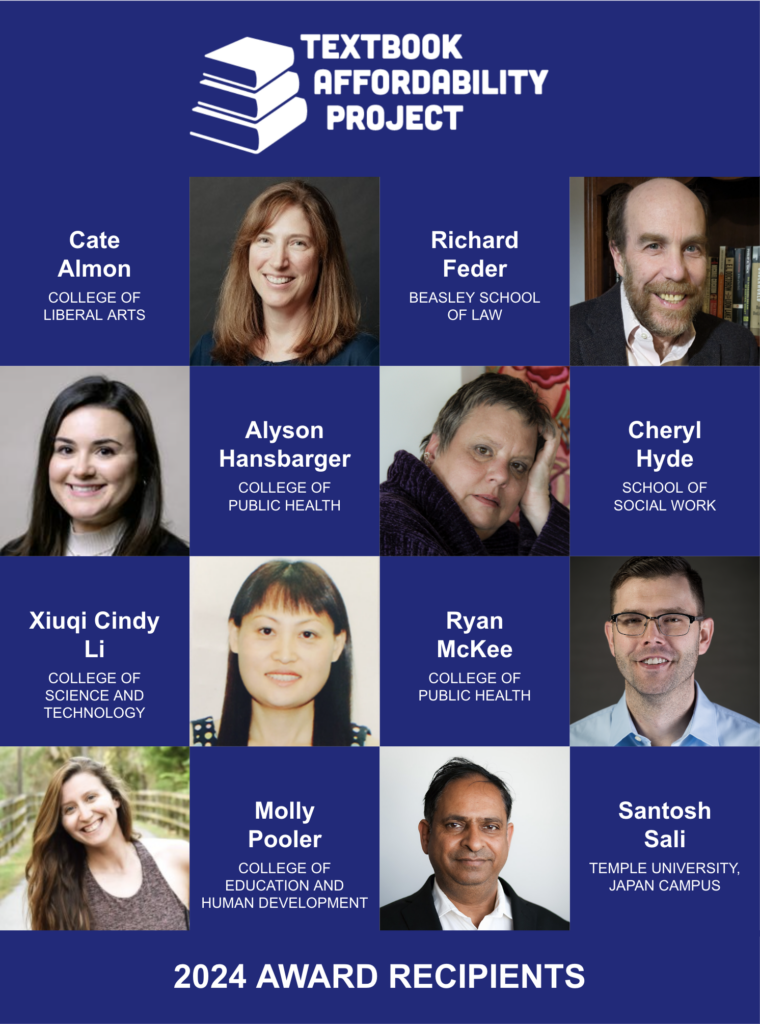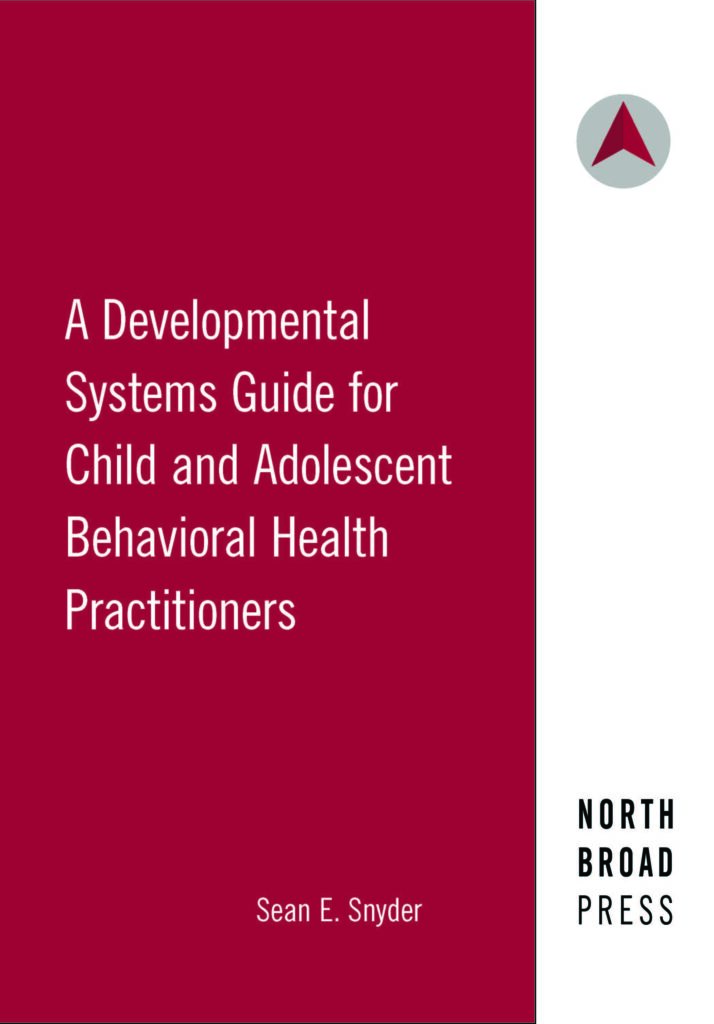Temple University Libraries is celebrating Open Education Week from February 23 to February 27, 2026. Open Education Week is an annual celebration designed to raise awareness about open educational resources and practices.
Open educational resources (OER) are teaching and learning materials that are free of cost and access barriers, and which have permissions for reuse. Examples of OER include videos, images, lab activities, homework assignments, and textbooks.
Open educational practices — also known as open pedagogy — use OER to support student learning by inviting them to become active participants in the teaching and learning environment, engaging in knowledge creation and sharing. One method of engaging in open pedagogy is the development of renewable assignments.
Faculty who use OER instead of a commercial textbook can help reduce student financial barriers. Also, faculty who use OER can customize the content to meet the needs of their class, allowing for localized and culturally responsive materials. Overall, this can help ensure immediate access to course materials as well as foster student belonging and agency. Check out our Open Educational Practices guide to learn more.
Open Education Week Events
To mark Open Education Week, Temple University Libraries will be offering the following activities:
Student Event
- Stop by the Textbook Affordability table on the first floor of Charles Library on February 23 and 24 between 11 AM and 12:30 PM to share your story about how textbook costs impact you, learn more about how to advocate for zero-cost course materials, and craft a ‘Thank you!’ to your professors who have used affordable textbooks.
Faculty Panel
- Cutting Costs, Not Content: A Faculty Conversation on Textbook Affordability
Thursday, February 26 | 1 PM | Register
Join us for a faculty panel on textbook affordability during Temple Libraries’ celebration of Open Education Week, featuring instructors who have successfully reduced or eliminated textbook costs in their courses with the help of the Libraries’ Textbook Affordability Project grant.
Online Workshops
- The $0 Syllabus: Finding Course Materials That Won’t Break Student Budgets
Monday, February 23 | 1 PM | Register
Join us as we highlight multiple options for locating zero-cost course materials, including open educational resources (OER) and library resources.
- Students as Creators of Knowledge: Getting Started with Open Pedagogy
Tuesday, February 24 | 1 PM | Register
Join us to learn practical strategies for giving student work authentic purpose and audience through open pedagogy and renewable assignments.
- Textbook Affordability Project Application Information Session
Friday, February 27 | 1 PM | Register
Join us as we discuss the TAP grant award opportunities, application process, requirements, and answer any of your application questions.

Apply for a Textbook Affordability Project Grant!
Open Education Week is also a great time to learn more about Temple University Libraries’ Textbook Affordability Project, which awards grant stipends ranging from $500 to $1,500 to Temple faculty who redesign a course from using commercial textbooks to open educational resources (OER) or materials available through Temple Libraries and then teach that course. Faculty who engage in open educational practices, like replacing a disposable assignment with a renewable assignment, are also eligible. Over 100 Temple faculty have been awarded grants since 2011. The call for applications will open on February 23, 2026 and close on April 3, 2026.
We hope you will join us for our Open Education Week events!
